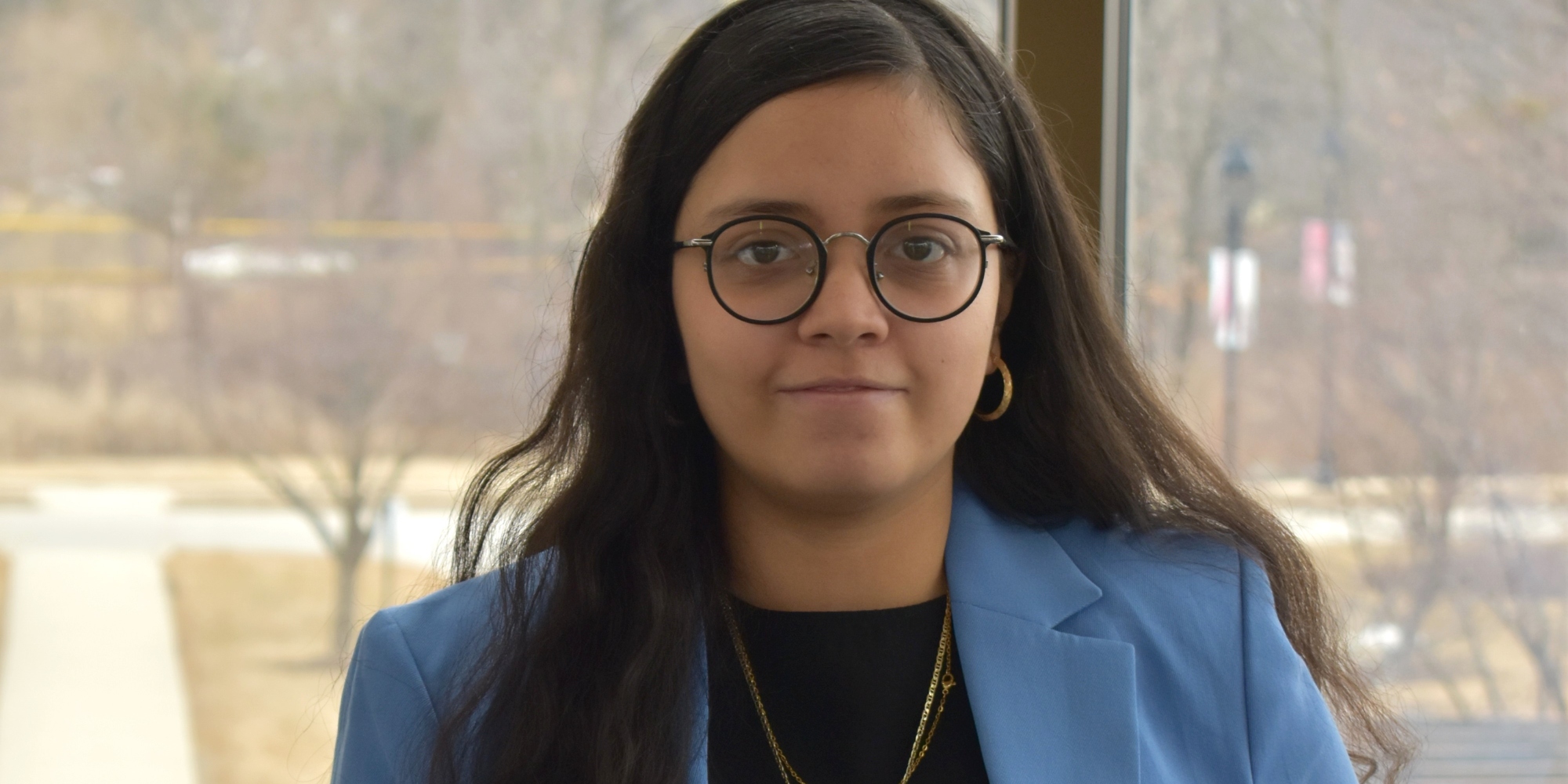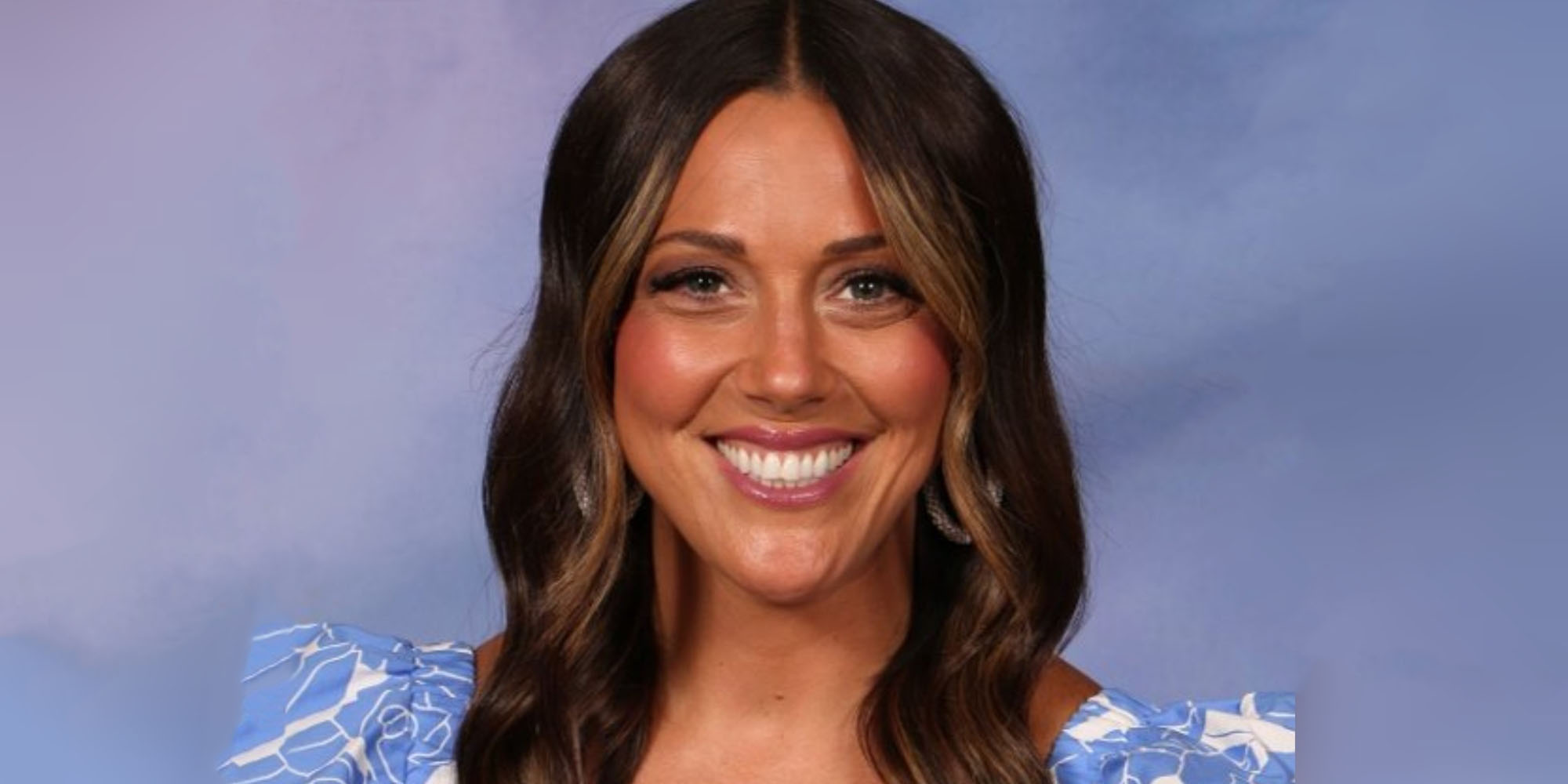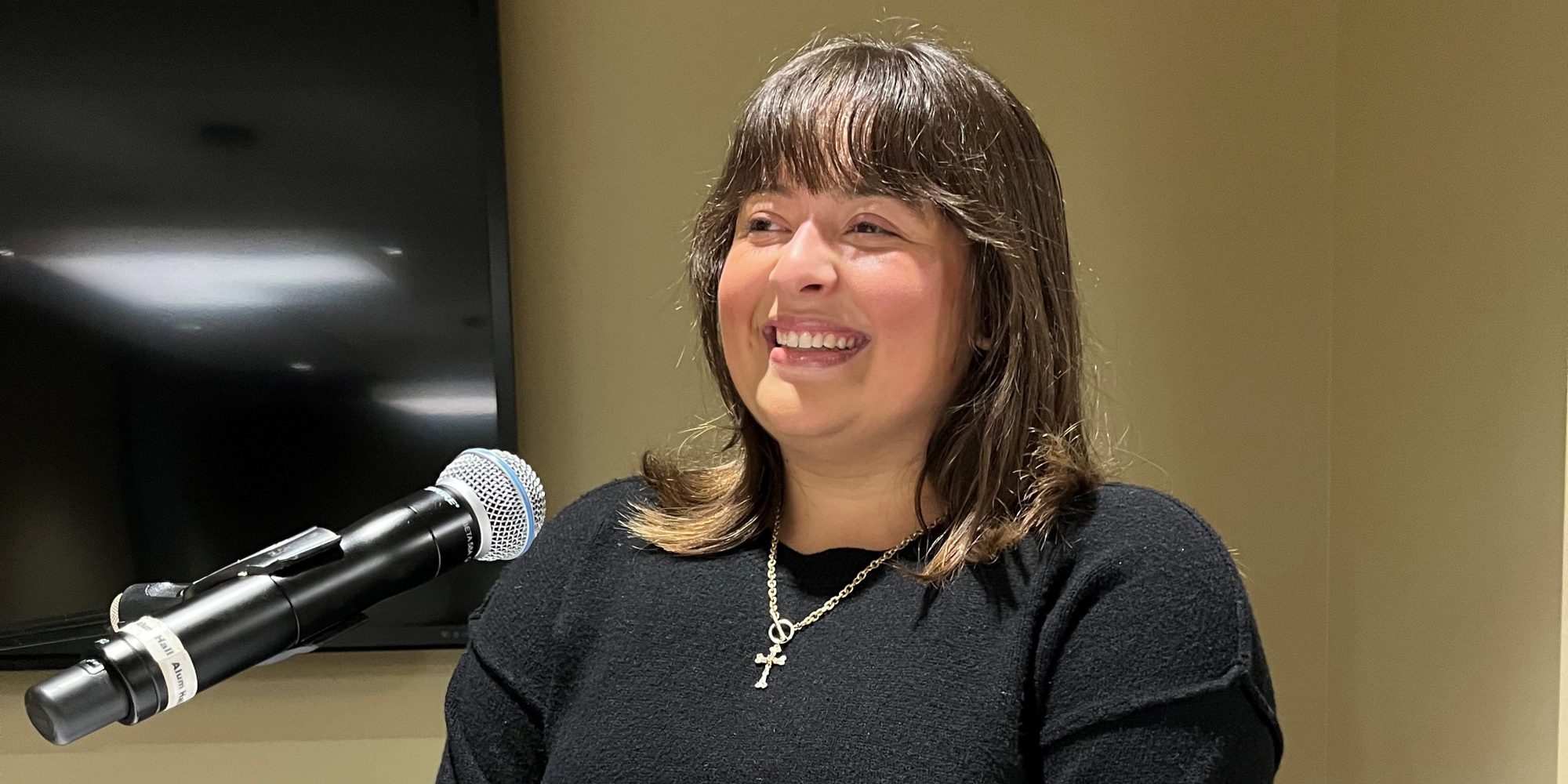For ICU nurse Monica Watry '17, Wisconsin's daily COVID-19 death toll is more than just a statistic. It's the fearful eyes of patients — some as young as 30 — who gasp for breath in her hospital unit every night. It's the stress of new procedures and 60-hour work weeks and personal protective equipment that has been reused so many times that “protective” might be a misnomer. It's the pressure of a patient's hand as they cling to her and then slip away, isolated from loved ones in the last moments of life.
This is Watry's new normal as a nurse on the front lines of a pandemic. No one would blame her if, after another long night shift, she returned home to her husband and two kids and just collapsed. But Watry has found a purpose in her off-hours, too: speaking out about the need for more personal protective equipment (PPE) and the importance of social distancing.
Watry first shared her story with a local TV station, and then the campaign of U.S. presidential candidate Joe Biden called. She had an emotional, 45-minute conversation with the former vice president over Zoom. The campaign later released excerpts of the video.
“I'm tired,” she told him. “I'm scared every day. … It's a lot of death at work … it's like a war zone in there.”
Interview requests soon poured in, and Watry has since talked to the Milwaukee Journal Sentinel, CNN and Politico. Thanks to Alverno's training in the 8 Abilities, she felt ready to step forward.
“Part of that is public speaking and advocating for yourself and others,” says Watry, who majored in Biology and is back at Alverno for her post-master's Family Nurse Practitioner certificate.“To combat anything, you have to have education. There's so much misinformation out there, so if nothing else, I hope my voice educates one more person on what's going on and how to help.”
Watry says her employer, whom she prefers not to name, has been “absolutely phenomenal.” But like other hospitals nationwide, her workplace has struggled with a lack of PPE. Masks that would typically be thrown away after a single patient interaction have been reused for more than two weeks.
Watry's advocacy has already made a difference, helping to inspire donations of N95 masks. “Our hospital has been so fortunate to get those donations,” she says. “Now we've had a few more readily available and that is so great.”
Watry is also using her voice to fight misinformation circulating about the virus and to urge people to follow social distancing guidelines. “Seeing people not following the Safer at Home order is difficult for me because I've seen the seriousness of where this virus can take you,” she says. “I understand the economic impact. I'm literally only at work and at home, but staying at home and being bored and stir crazy does not equal death. We need to focus on the we. Because if we don't, it could lead to our own deaths or the deaths of people we care about.”
After graduating with her master's in nursing from Marquette University, Watry began her current position last fall, never anticipating that her first year on the job would be upended by a pandemic.
Before her ICU got its first COVID-positive patient, Watry's manager shifted into emergency preparation mode, transforming a wound care unit to host additional ICU beds. The hospital also divided the four non-COVID ICU beds and the COVID section, which has been at 75 to 90 percent capacity since mid-March.
To protect staff from potentially deadly doses of aerosolized virus, patients are moved into one of five reverse isolation rooms to be intubated, or to be put on (or taken off) airway devices. Anytime staff enter a COVID room, they must be completely covered from head to toe and replace their simple masks with a N95 mask and face shield.
Family visits are prohibited, but the ICU has two iPads so patients can connect with loved ones. Still, the occasional video calls can only do so much. “We're trying to take on even more of a family role with our patients,” Watry says. “I've been on more bedsides with people who have left this earth, holding their hands during that moment because their families could not.”
Watry and her ICU colleagues have been told to prepare for 50- to 80-hour weeks for the foreseeable future. She worries about her coworkers, and they make sure to check in with each other during their shifts. “Your mental health very much affects your physical health,” she notes. “Fortunately, I have a very good support system at home.”
That support system extends outside her home, as people around the world have rallied around health care and other essential workers. Watry's spirits are lifted by the colorful hearts in neighborhood windows and homemade cards sent to the hospital. “The community support has been just overwhelming,” she says. “It means so much.”
A version of this article appears in the spring/summer 2020 issue of Alverno Magazine.





